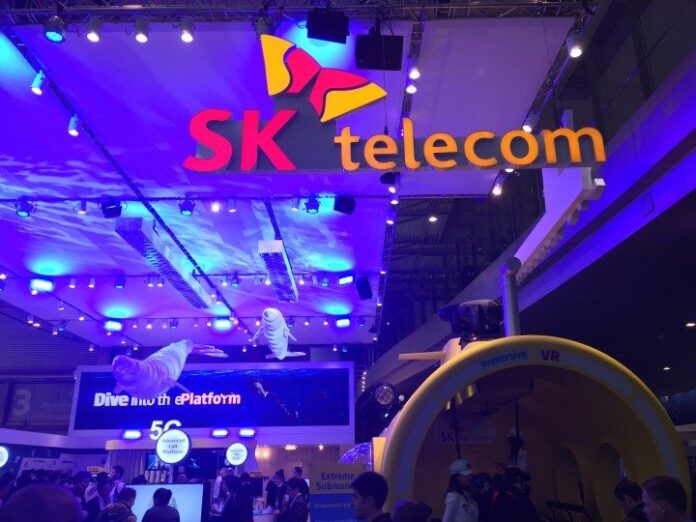Korean carrier SK Telecom claimed to be first mobile operator in the world to exceed the 1 million 5G subscriber mark, the company said in a release.
This milestone was achieved on August 21. The company’s 5G subscribers currently represent more than 3.5% of its total subscriber base of 28 million.
SK Telecom highlighted that it has attracted 1 million 5G subscribers in just 140 days after launching the world’s first 5G smartphone on April 3.
According to SK Telecom’s analysis on 5G subscribers, the average monthly data usage of customers who switched devices from LTE to 5G has increased about 65% from 20.4GB (with LTE technology) to 33.7GB (5G).
The operator said that the recent launch of Samsung’s Galaxy Note 10 5G smartphone is expected to further drive the increase of 5G subscribers. SK Telecom has launched three 5G smartphones – Galaxy S10 5G, V50 ThinQ 5G, Galaxy Note 10 5G – so far and plans to strengthen its 5G device line-up in the coming months.
Ryu Young-sang, Vice President and Head of MNO Business of SK Telecom, said: “SK Telecom will continuously develop innovative contents and services specially designed and optimized for 5G network to provide differentiated experiences to our 5G subscribers.”
SK Telecom’s CFO Poong-Young Yoon previously said in a conference call with investors that the carrier expected to reach 1 million subscribers in the 5G segment during August. The operator also aims to end this year with over 2 million 5G subscribers.
South Korea claimed to be the first country in the world to launch full 5G commercial services on April 3. 5G coverage in Korea is restricted to urban areas and places where there are a large number of people.
The three Korean carriers launched limited 5G commercial services in December 2018 as part of an agreement with the ICT ministry to launch simultaneously to avoid excessive competition. The three mobile carriers initially launched the 5G service in limited areas in Seoul
In June 2018, South Korea completed a tender process through which it awarded spectrum in both the 3.5 GHz and 28 GHz bands. The government made available a total of 280 megahertz in the 3.5 GHz spectrum band and 2,400 megahertz in the 28 GHz band. The spectrum was divided into 28 blocks and 24 blocks.
Participant operators SK Telecom, KT, and LG Uplus had a 10-block cap per spectrum band. The telcos paid a total of 3.6183 trillion won ($3.3 billion) for the spectrum, 340 billion won higher than the starting price of 3.3 trillion won.
The 3.5 GHz band licenses covering a ten-year period and the 28 GHz band licenses a five-year term.

